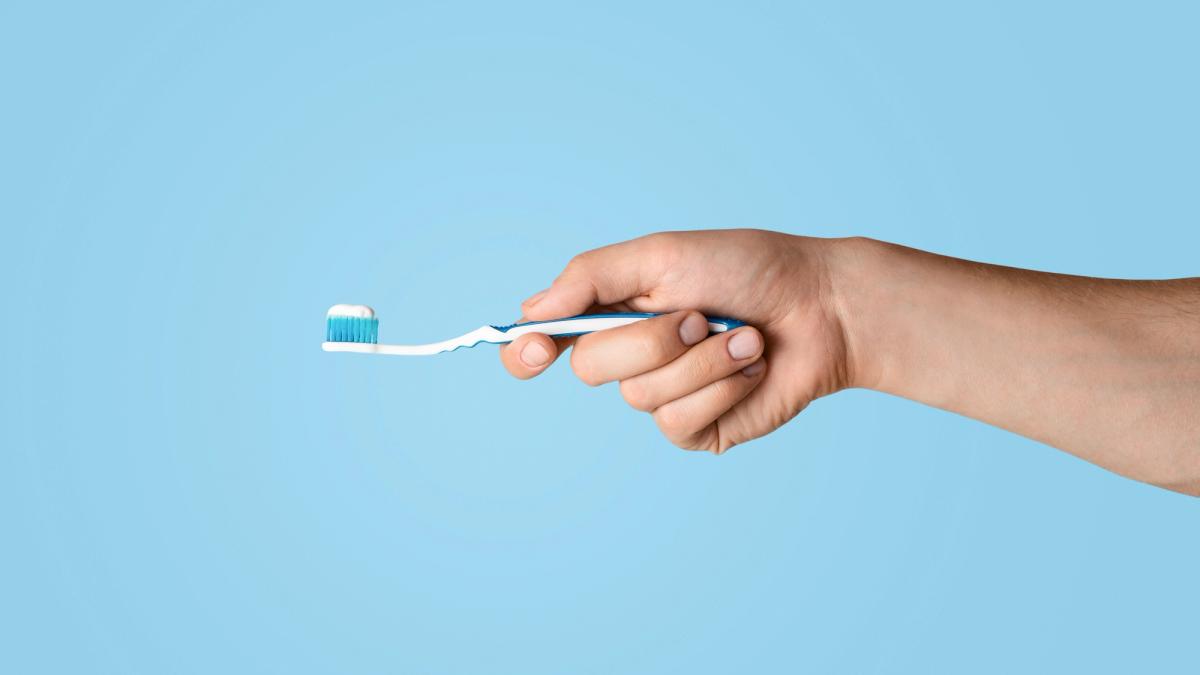
Published on Apr 30, 2025 | 8 minute read

Standing in the oral care aisle of your local store can feel like navigating a maze. With countless toothbrush options staring back at you – different shapes, sizes, bristle types, and the ever-present question of manual versus powered – how do you know which choice is right for your smile? The toothbrush you select plays a crucial role in your daily dental care routine, yet many of us make this decision based on price, packaging, or simply grabbing the same type we've always used. Let's explore this common dental dilemma and help you make an informed choice that keeps your teeth healthy and bright.
Before diving into which type might be best for you, let's examine what's available on the market today:
The classic manual toothbrush has been around for generations. These brushes typically feature:
Manual brushes are cost-effective, portable, and require no power source – making them reliable tools for oral hygiene anywhere in the world.
Electric or powered toothbrushes have gained significant popularity in recent decades. These technological tools offer:
While more expensive initially, many powered brushes offer replacement heads that make long-term use more economical.
When it comes to cleaning power, is one type definitively superior? Research offers some interesting insights:
According to multiple studies, powered toothbrushes may have a slight edge in plaque removal. A comprehensive review by the Cochrane Oral Health Group found that powered brushes reduced plaque by 21% and gingivitis by 11% after three months of use compared to manual brushes.
However, it's important to note that technique matters more than tool. Even the most advanced electric toothbrush won't compensate for poor brushing habits. The American Dental Association (ADA) maintains that both manual and powered toothbrushes can effectively clean teeth when used properly and consistently.
While anyone can use either type of toothbrush effectively, certain groups may find particular advantages with powered models:
When deciding between manual and powered options, consider these key factors:
Manual toothbrushes typically cost between $1-$5 and should be replaced every 3-4 months. Powered models range from $20 for basic battery-operated versions to $200+ for premium rechargeable models with advanced features. While the initial investment is higher for powered brushes, replacement heads (typically $5-$10) are comparable to buying new manual brushes.
If you travel frequently, a manual brush requires no charging or batteries. However, many powered brush models now offer travel cases and long battery life. Consider your daily routine and where you'll be using your toothbrush most often.
Some people simply prefer the feel of one type over another. This preference matters – you're more likely to maintain good brushing habits using a tool you enjoy.
Regardless of which toothbrush you choose, regular dental check-ups remain essential for optimal oral health. The Journal of Dental Research indicates that preventive dental visits help reduce the incidence of tooth loss and serious dental issues over time.
Professional dental visits offer benefits that home care alone cannot provide:
At Branchburg Dental Associates, our team can provide personalized recommendations about which toothbrush might work best for your specific dental situation during your regular visits.
The ideal toothbrush for you is one that fits your mouth comfortably, is easy for you to use effectively, and motivates you to brush regularly and thoroughly. Whether you choose manual or powered, ensure your selection has:
Remember that brushing technique – covering all tooth surfaces, brushing for two minutes, using proper pressure – matters more than the tool itself. Both manual and powered brushes can serve you well when used correctly.
The manual versus powered toothbrush debate doesn't have a universal answer. For some, the advanced features of a powered brush lead to more thorough cleaning. For others, the simplicity and reliability of a manual brush better suit their needs and preferences.
What truly matters is consistent, proper brushing technique combined with regular flossing and professional dental care. If you're still unsure which option might work best for your specific dental needs, the team at Branchburg Dental Associates is here to help. We can assess your oral health, discuss your preferences, and provide personalized recommendations.
For more information or to schedule your next check-up, contact Branchburg Dental Associates at 908-595-1221. Our Branchburg, New Jersey office is committed to helping you achieve and maintain your healthiest smile – one brush at a time.